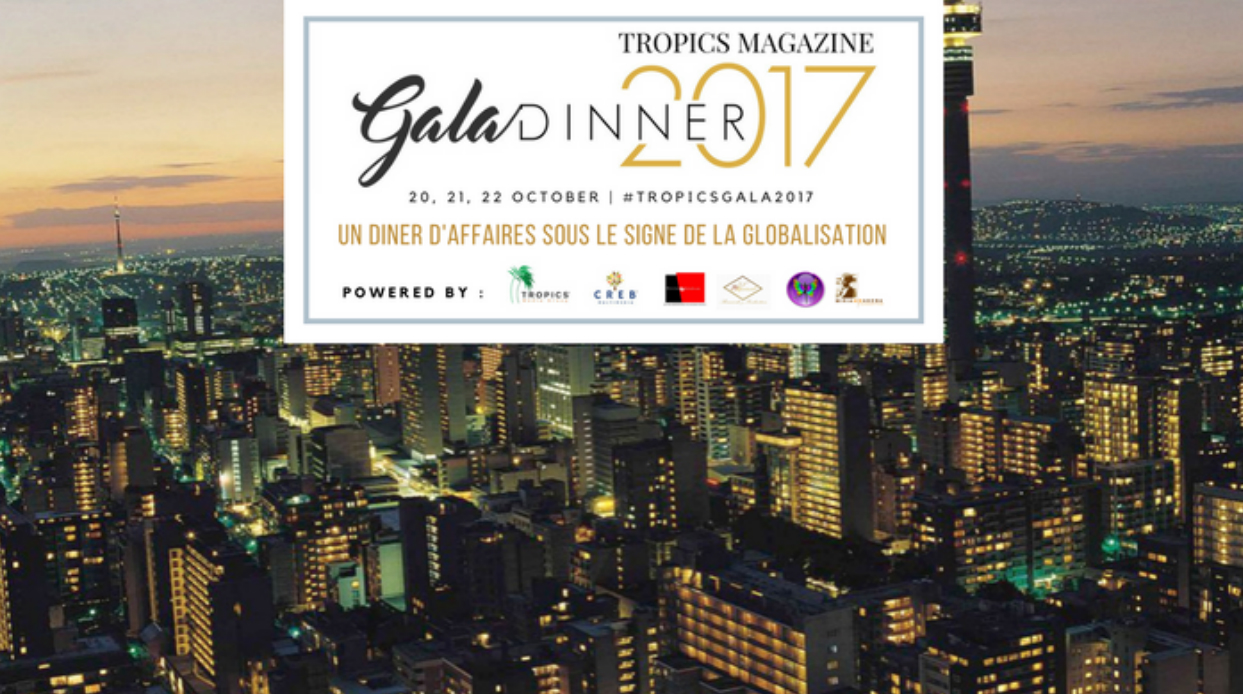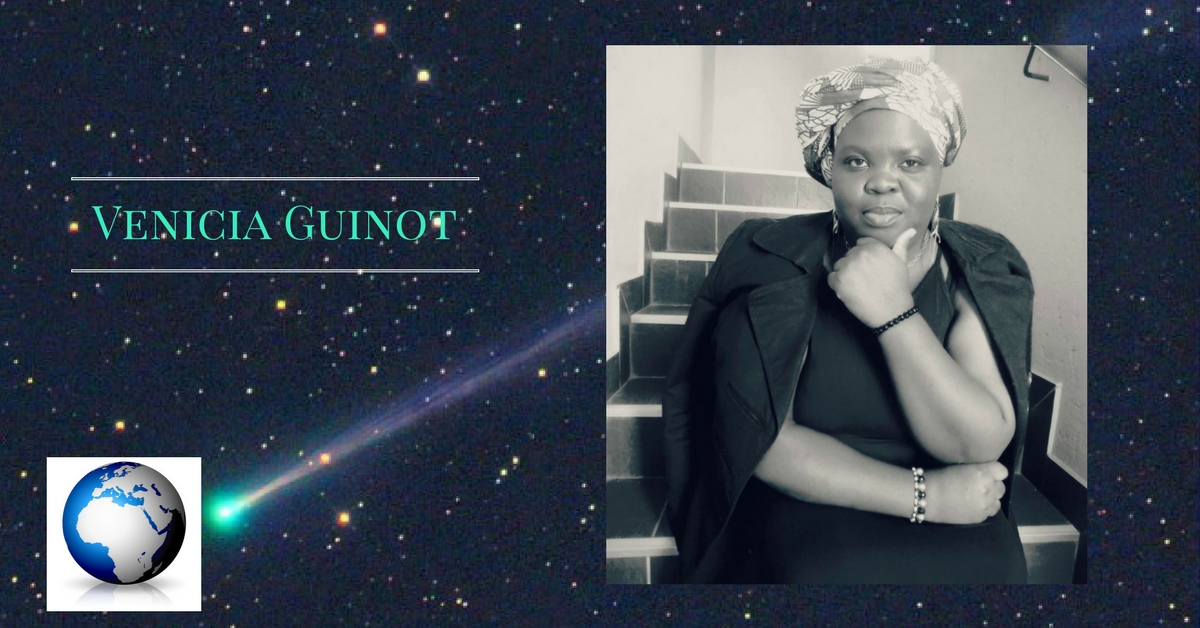In anticipation to the 7th anniversary of TROPICS MAGAZINE on March 11th, 2017, the PLUTON MAGAZINE team met with Venicia Guinot in Johannesburg, the city of gold. This is the story of a Self-Made young African woman who started her very first venture with $0 in her pocket…Ms. Venicia Guinot, Publisher and three-time awards-winning Editor-in-Chief at TROPICS MAGAZINE and the fearless Founder/President at the TROPICS MEDIA GROUP answers that it is “AFRICA’S DUTY” to tell its own story.
![]() Back in 2010, as South Africa was getting ready to welcome the world to its shores for the very first FIFA World Cup ever hosted on African soil, this young pan-Africanist woman founded her very own media venture (TROPICS MEDIA GROUP) with the main goal of changing the way Africa was handling its own image from within. Making it her own mission to launch one media brand at a time while tackling the market gap and dedicating the past ten years to producing qualitative contents that Africa and the world would be proud of, Ms. Guinot has since become a master of all things “media”. Extremely swamped in by work, yet she finds time to give back to the next generation through mentoring sessions that allows her to broaden her vision of what media should be, meeting the next faces of the media sector and, at the same time, working extremely hard to establishing strategic partnerships both regionally and globally.
Back in 2010, as South Africa was getting ready to welcome the world to its shores for the very first FIFA World Cup ever hosted on African soil, this young pan-Africanist woman founded her very own media venture (TROPICS MEDIA GROUP) with the main goal of changing the way Africa was handling its own image from within. Making it her own mission to launch one media brand at a time while tackling the market gap and dedicating the past ten years to producing qualitative contents that Africa and the world would be proud of, Ms. Guinot has since become a master of all things “media”. Extremely swamped in by work, yet she finds time to give back to the next generation through mentoring sessions that allows her to broaden her vision of what media should be, meeting the next faces of the media sector and, at the same time, working extremely hard to establishing strategic partnerships both regionally and globally.
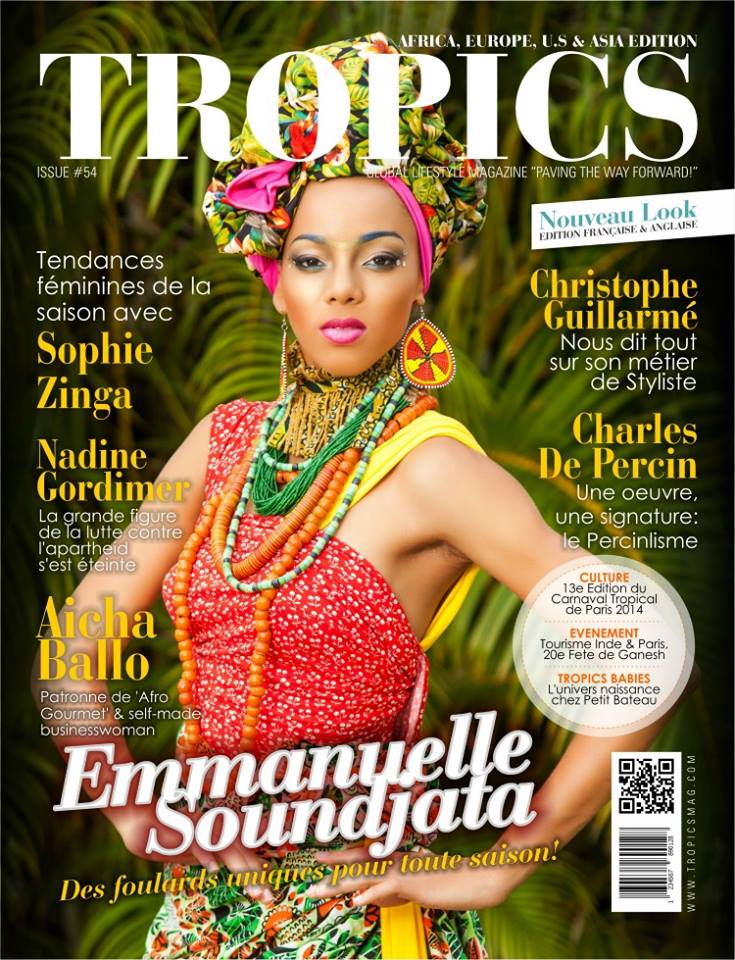
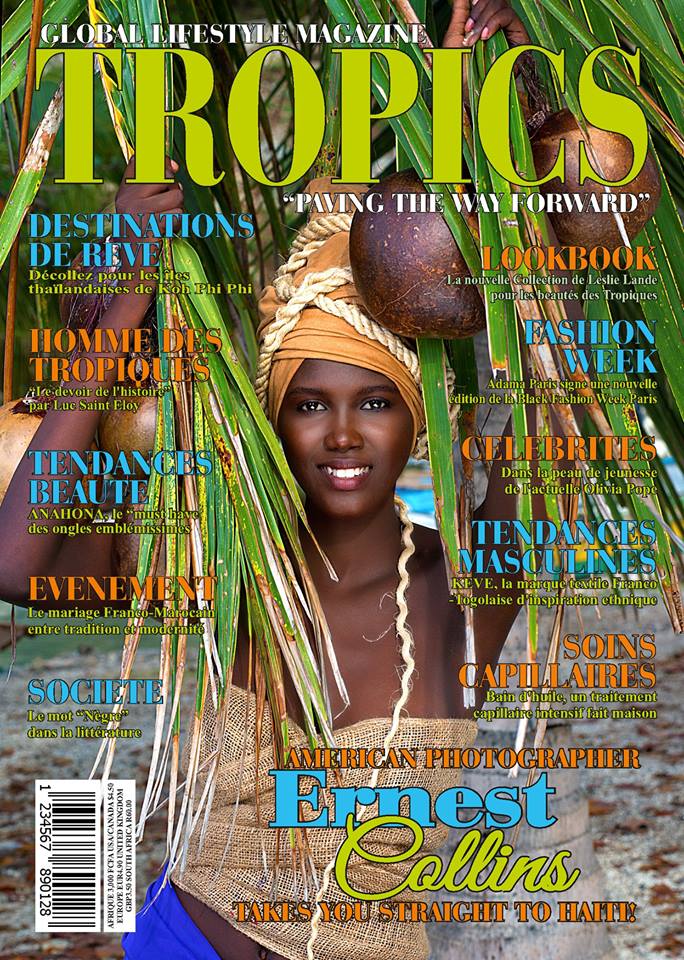
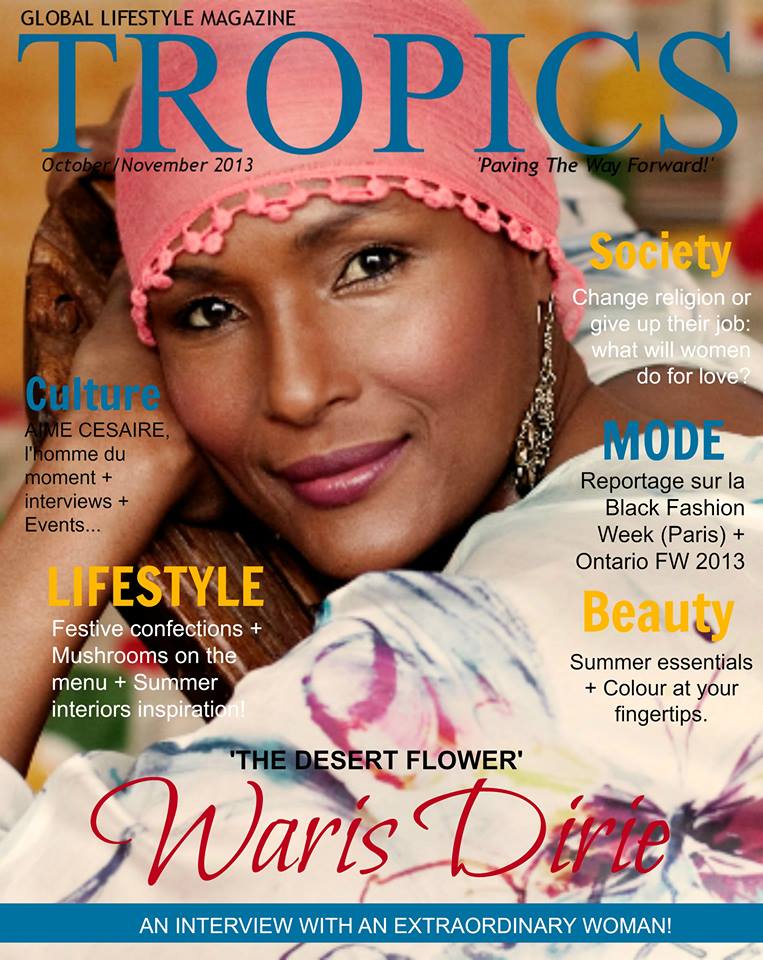
Innovation and creativity being her ‘leitmotiv’, the media maven continues to lead the way in her industry, especially now, that her work has been acclaimed worldwide and most importantly by the United Nations Bureau of Central Africa (UNOCA). As she continues to reflect on the untold and more true stories of the African continent that never make headlines in the mainstream media, Ms. Guinot strongly believes that the people of Africa and their various cultures can help shape a better image of themselves as a people and bringing all their success-stories to light, she strives to constantly produce original contents that appeal to global audiences.
First of all, my first name means “love” and love, joy and sense of togetherness are core values that really characterize my work. As the Founder of the first-ever bilingual and global lifestyle magazine 100% Made-in-Africa (magazine of the Year in London – CA Awards 2016-2017), I believe that media equals power and that power is “almost” denied to the african continent and that is beyond sad in my humble opinion.
To tell you more about myself, I graduated from high school at the age of 17 years old instead of 18 and got admitted to the Institute of Business Management in Brazzaville (Republic of Congo) in central Africa where I ended up completing my first Degree in Communications and Multimedia because this particular academy could not offer a Business Law course to undergraduates like myself. From the age of 7, I knew exactly what I wanted to study later on in life and in my head it was very clear: I had the choice of choosing between a career as a Business Lawyer or as a Journalist, but not just any Journalist (smile). I wanted to become one of those media professionals with a “cabinet” somewhere in the city and making it my daily task to build a proper business and a name for myself.
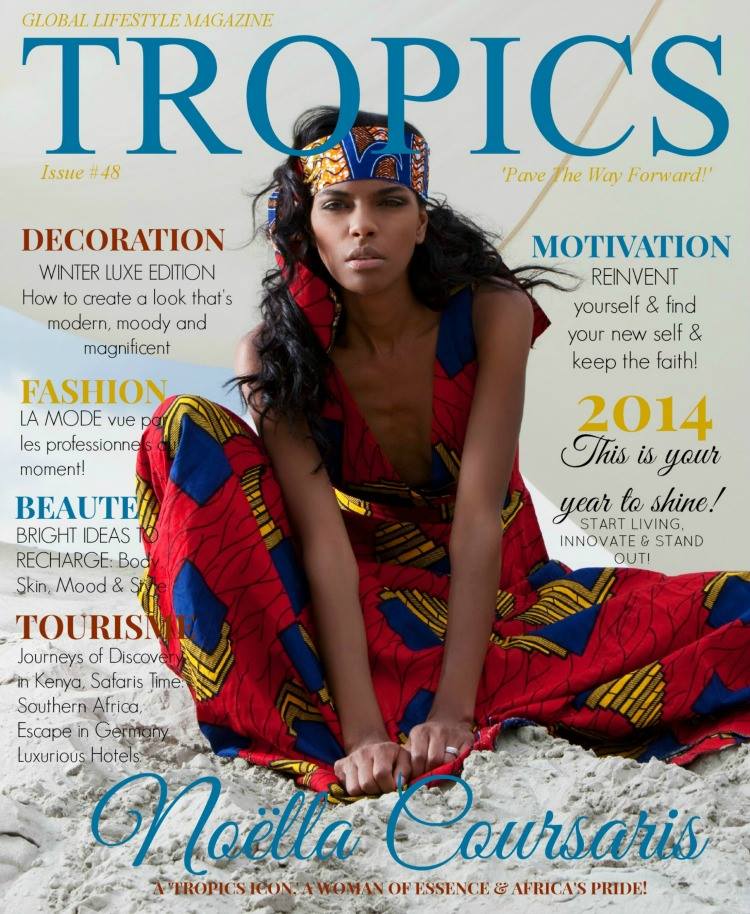
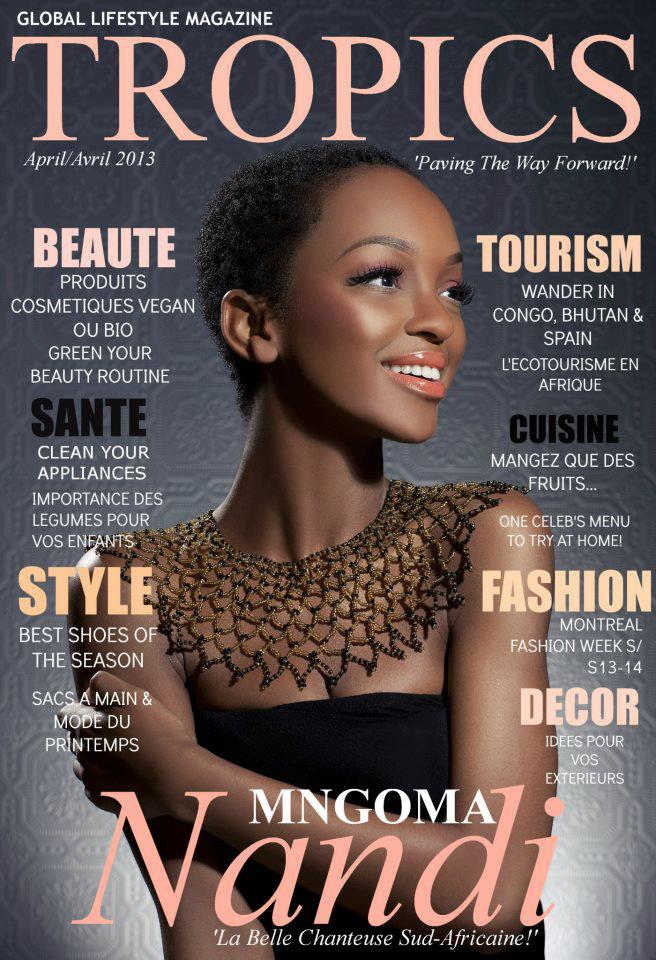
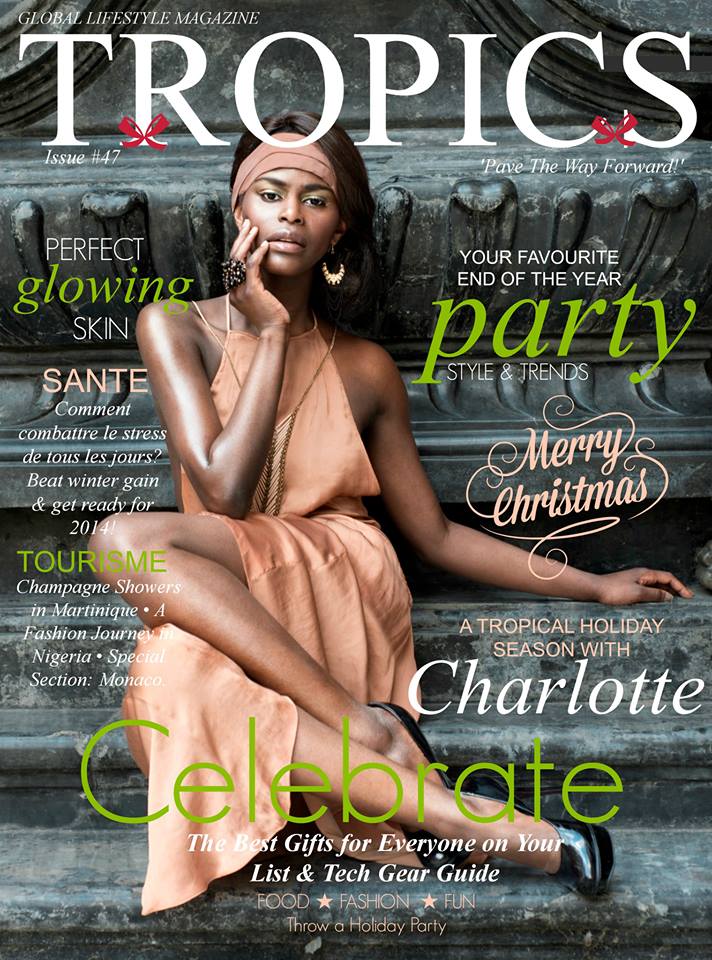
Two years later, I completed my Degree in Multimedia Communications and I chose this path specifically because I knew from the start that I did not want to be categorized as a simple Reporting Journalist, Investigative Journalist & cie (even though journalism is still a noble job), but I wanted to explore different avenues, weigh my opportunities, innovate and disrupt the industry in a simple but yet efficient way. And this is what I achieved precisely! Then the year 2006 came, my single mother decided to send me abroad to further my studies because she sensed, at the time, that the country was not really stable and even as Women Advocate herself with more than 14 years experience working for UNESCO – Congo, she felt that it was important for me to explore new opportunities and grow. South Africa was a great destination in her opinion even though my first choice was London or Quebec. Needless to add that my Mother was truly the center of my universe (bless her soul) and up to this day I can still hear her whisper into my ear that “A black woman has the right to become whatever she sets her mind to. It is not about gender, it is not about nationalities or race. Strong women are just those who step up to the challenge and rise.”
Just to be clear, my Father, on the other hand did not abandon us at any time of our live (smile) but he departed as I was just about to turn 5 years old. This is basically to testify that I was raised by women, both my Grandmother and Mom, who played Dad and Mom’s roles so well until the last day of their lives. From an outside perspective, I saw South Africa as Tata Madiba’s homeland but beyond that, I had no idea about the country itself in terms of business or entrepreneurship and it’s just only a year that I got to understand the South African culture, its 11 official languages included. Being one of the few recipients of former President Bill Clinton and Winrock International, I had to always lead by example, further my studies and make sure I had a job in/outside Africa that was going to allow me to sustain me and help support our little family of three girls back home.
Upon my arrival, I had to enrol at ABC International in order to sharpen my english language and quickly get on with my studies. Even though an opportunity to work at AngloGold Ashanti presented itself, I had to decline and remain focused. I ended up doing a Diploma in Business Management, a second degree (this time) in Supply Chain Management, acquiring different skills in the process that will serve me later on in my entrepreneurship journey. From the year 2009 and onwards, I started drafting articles targeting african power players here and there and just saving all these pieces in my laptop for potential future platforms while waiting for the best opportunity to joining a newsroom.
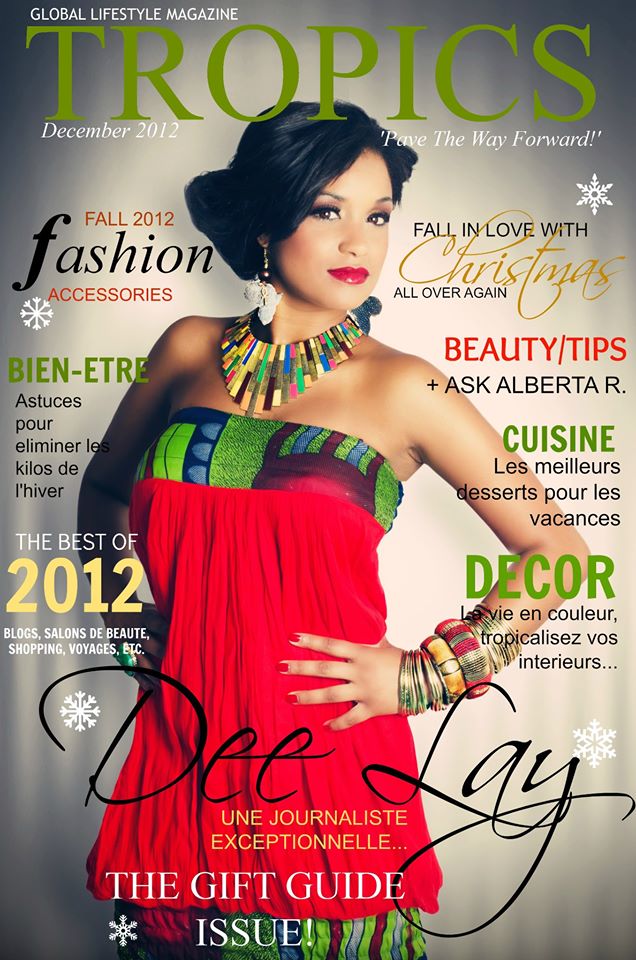
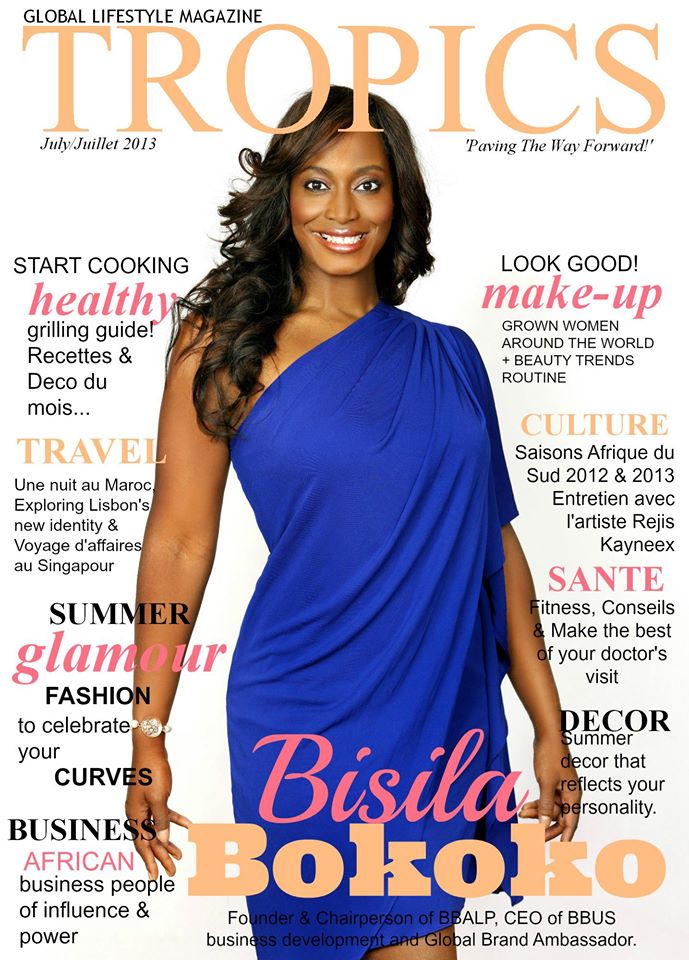
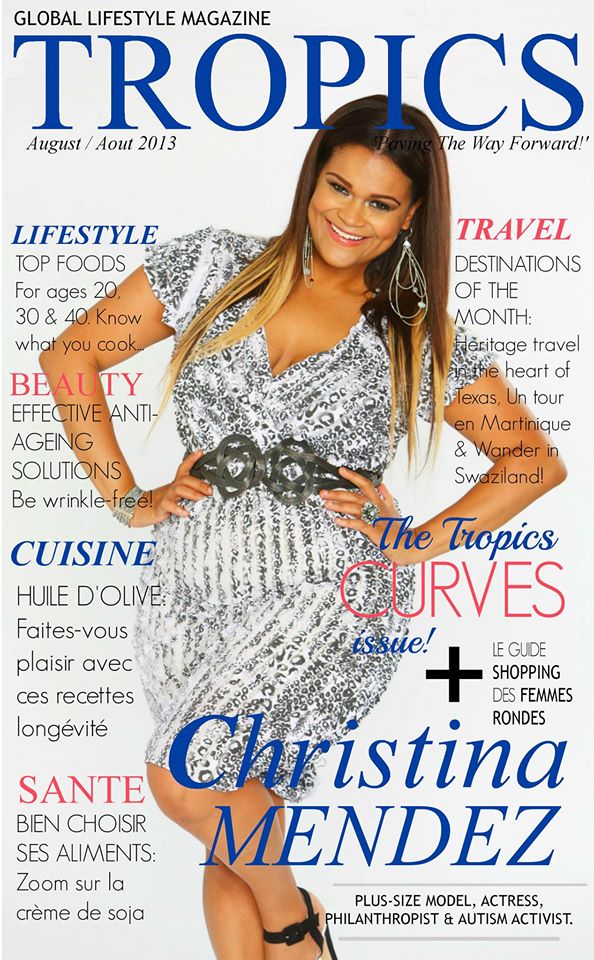
One day, my phone rang and I was offered a Job as a Logistics Officer within a private company based in Sandton (South Africa) and I started experiencing the South African corporate world in depth. Another day, during my lunch break at work, I decided to phone AMINA Magazine in France while still in Joburg, asked to speak to the Editor-in-Chief and offered my services to the founder who requested my CV in order to later make an informed decision. I heard back from him 4 hours later as I was just leaving the office and I got offered the job of my life as a Grand Reporter for AMINA Magazine in the Southern African region. From that very same day, my strategy and vision changed from local to global. Truth of the matter, I now was a professional Multimedia Journalist heading operations in South Africa and reporting back to the head office in Paris while portraying top South African and pan-African leaders at the same time.
On 15th May 2008 as South Africa jubilated to celebrate the day Fifa gave Africa the nod and that Fifa President Sepp Blatter announced four years earlier on – on 15 May 2004 – that South Africa would host the 2010 World Cup, I spent my entire day watching the news and comparing the way the major news was broadcasted across various platforms (on / offline). I was very much disappointed that da at the type of media coverage South Africa was getting back instead of being celebrated and this very moment became my breakthrough. I gathered that enough was enough and that I, for one, had to change the way our media or the press handled our image before international TV stations follows in our footsteps. Madiba was already an icon in my heart, and even though I knew it will be a process to meet him in person, I decided to do things my way, honour his and my father’s legacy and last but not least, take a leap of faith into the unknown.
At the age of 23, I was certain that I was heading to the right direction and felt ready to walk on this path. The 2010 FIFA World Cup became a defining moment for my career as it took my project to new heights. First, I had to come up with some innovating concept that will elevate more and more africans and help better the continent’s image. TROPICS MAGAZINE because that platform and still is to this day, that only platform that truly covers the spectrum of current news and trends, celebrate our HEroes, SHEroes or unsung heroes. I completed my researches 3 months later and completed my business plan. My ultimate goal became a reality in March 2010 and we successfully launched the first bilingual (English and French) magazine for the cosmopolitan community of readers with a team of 3 people and we became a reference after our first nomination in London. First hand, having zero dollar in my pocket to invest in this project, as my primary job at AMINA helped pay for my tuition fee and my salary as a Logistic Officer helped sustain my family back home. So, the only way to achieve this vision and to bring this magazine project to life was to break the rules, reshape the industry, and change the media codes.
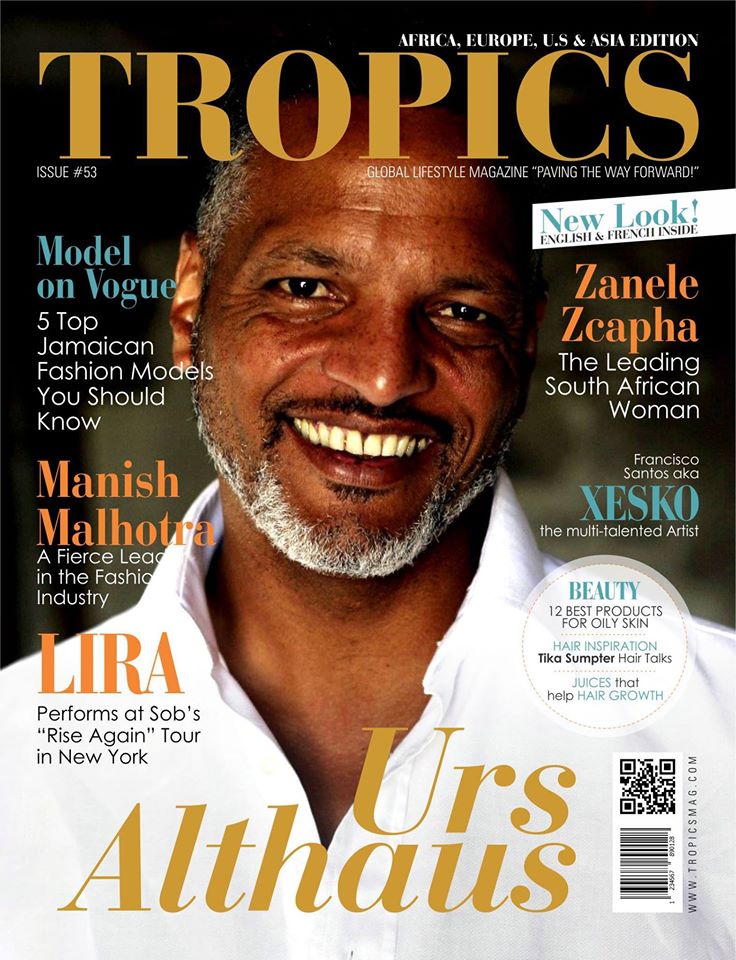
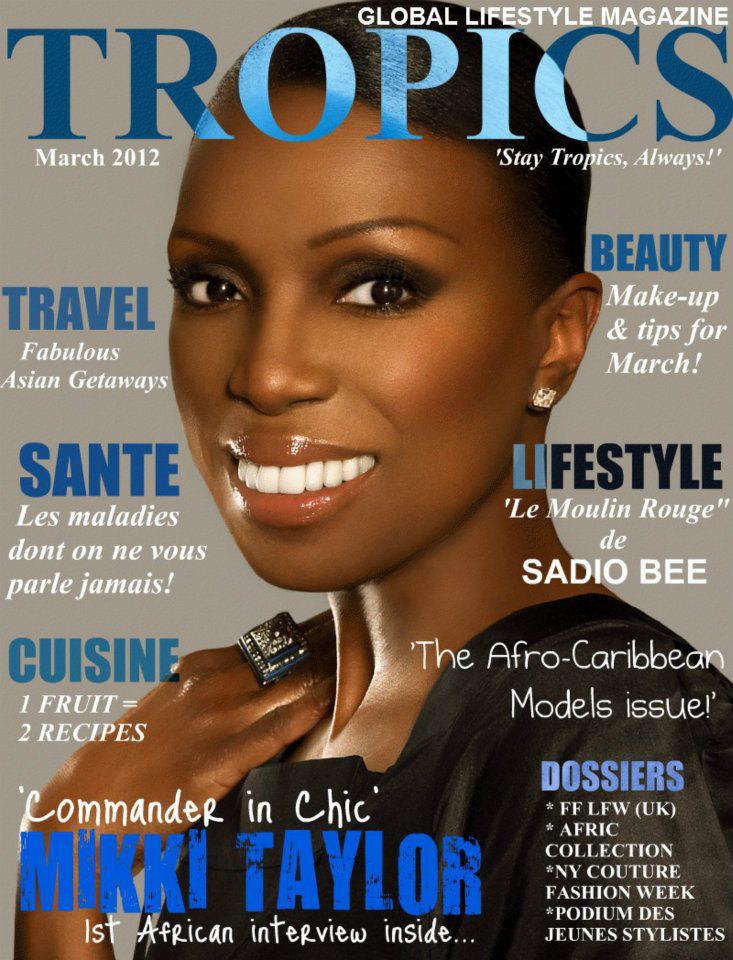
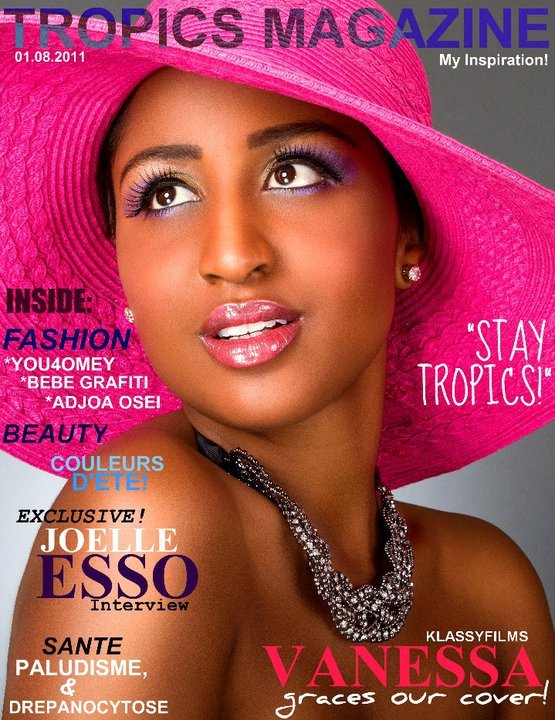
On March 2010, I decided to launch TROPICS MAGAZINE as a blog relying on my own technical skills and positioned the brand as a global lifestyle magazine catering to the global community even though the very first target market was mainly Afro-Caribbean. One story at a time, our stories reached out to the masses and countries like France, the United Kingdom, South Africa, Sri Lanka and New York became our Top 5 readership and our first goal was achieved within few months. Moreover, we had to establish a team in the Top 3 countries in order to cater to a specific audience that relied on us to cover certain events. Our editorial line and our professional teams dispatched around the world helped us achieve success. From the 1st to the 26th issue, we worked on zero budget yet the team remained the same and efficient up to this date.
We progressively grew from one member to fifteen journalists, contributors and photographers giving us more visibility in countries such as France, London, Turkey, Ottawa, New York, Sri Lanka, Cameroon, Congo-Brazzaville and South Africa. I can proudly state that all we have achieved at TROPICS MAGAZINE is nothing but the efforts of our global team that continues to work tirelessly and it is through their creative genius that we continue to evolve as a brand. Thanks to teamwork, we have successfully made a transition from a digital publication to a print one. And, four years down the line, operating on personal fund, having succeeded in locking down various international partnerships from Africa to Canada, still not having a sponsor on-board and do not even willing to sell some 20% equity to potential VCs investors, we had once again to continue walking on our one rather than running after money. This was our choice back then, and it is still is today. While building the TROPICS brand along the way, we had to come up with new strategies to help sustain our vision in the long-term, and it’s after a brainstorming session that we decided to give birth to the TROPICS MEDIA GROUP, a multimedia group and holding company consisting of three main divisions: publishing, public relations or branding services and finally, design. These three divisions helped us attract new clients, start new collaborations and build new partnerships with other global brands who took us under their wings. This journey illustrates the different challenges that entrepreneurs face on the continent and the place that women hold in the business world even though African women are still invisible actors and heroic figures on the ground.

Over the past 50 years for most francophone countries and 21 years of independence for South Africa, governments have implemented numerous policies and initiatives to uplift women and help them reach the pinnacle of success. Today, it is not uncommon to see women breaking through glass ceilings and excelling in every field, and every time it happens around us, we get a sense that a young girl or woman somewhere in Africa can achieve the impossible. In the African context, media has come a long way since being unshackled during countless civil wars, the apartheid era but the arrival of new technologies in our newsrooms give us hope and reassures us that the best is yet to come.For instance, 12 women out of 43 editors are female, this might seem like a disappointing 28% of South Africans invested in the media sector, but put that against a grim 3% of congolese women in the same sector. To change the situation around various role players, I hope more and more business and media platforms will further aim to equip female media professionals in middle management positions with strategic skills and support networks to take on greater leadership roles within their organizations. In my personal view, ‘Supporting media women entrepreneurs is essential to stimulate growth since the entrepreneurial potential of african women has not yet been fully exploited’.
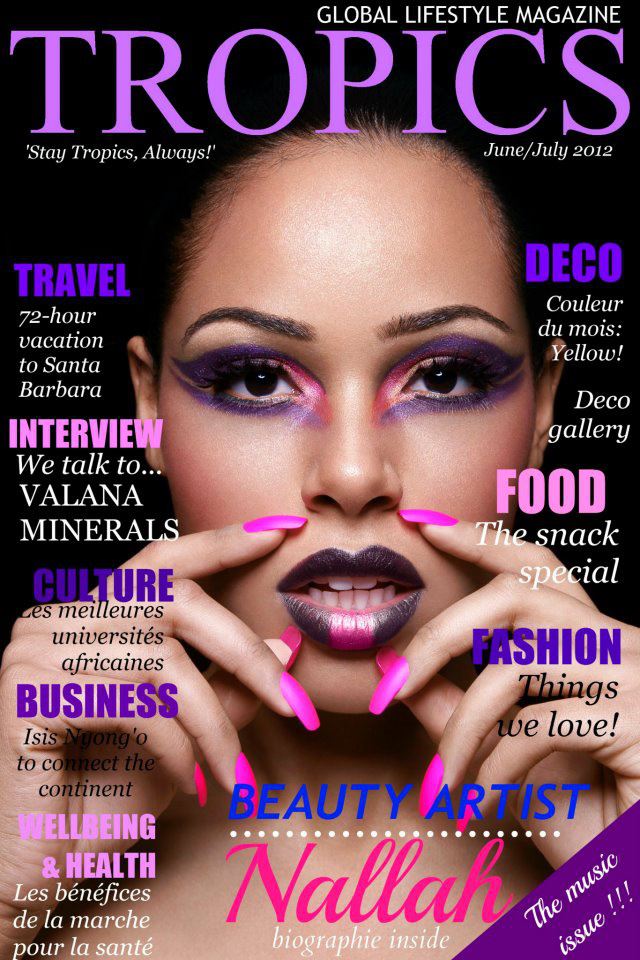
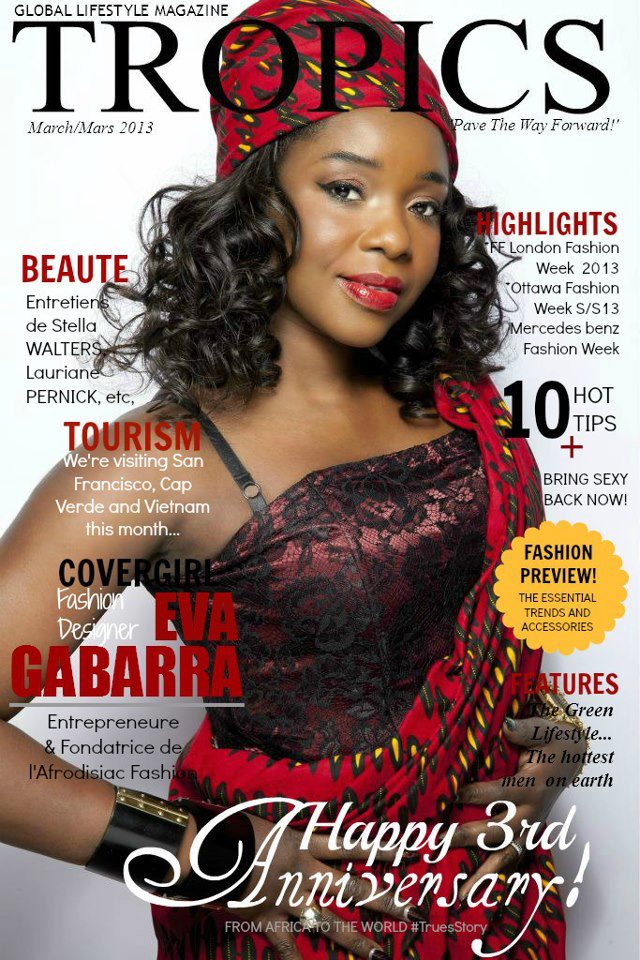
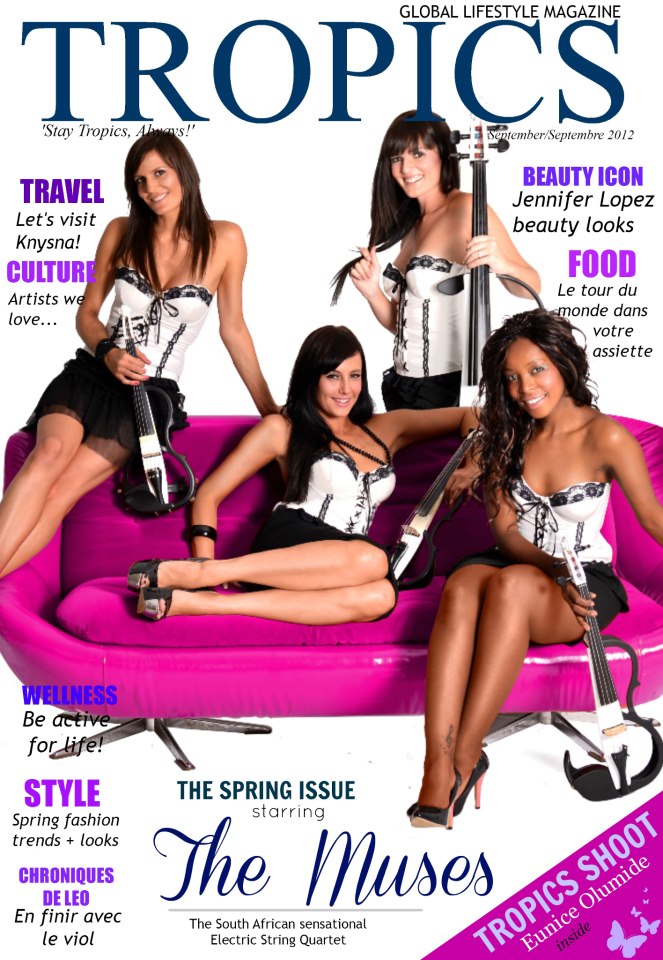
Today more than ever, Africa needs more entrepreneurs, and actions are being taken to overcome obstacles and change mindsets by integrating the gender dimension/perspective into the equation. At the TROPICS MEDIA GROUP, we aim to promote successful female media entrepreneurship and improve the business environment for small and medium-sized enterprises (SMEs) so that they can realize their full potential in today’s global economy. Accordingly, TROPICS MAGAZINE could be used as a model to examine how african women can use technology, digital tools to work independently, to market their brands or ideas efficiently in this digital era, to monitor their results instead of their hours, and in particular to balance their personal and career lives. Indeed, media entrepreneurship provides flexible working conditions not only for the women but for men as well.
Before I wrap up, I would like to reflect on the TROPICS MAGAZINE success-story and say that female and male are not that different on the business field after all and the answer to building a smarter media team is involving more women and not excluding men at the end of the day. In this age and era, social women listen and share positive information on social media platforms. Africa needs more media entrepreneurs and our governments have a responsibility to act fast to eliminate obstacles or gender stereotypes in the working place. To upcoming female entrepreneurs, I would like to ask them to stop being scared of technologies and get to know them better, be practical by setting realistic goals, seek synergies and work on common ideas. Social media like Twitter are there to compliment our marketing efforts and let’s keep in mind that whatever you post on social media platforms should add value to the reader’s experience. Indeed media entrepreneurship has a tremendous potential in empowering women such as myself. This sector is a driving force for economic development, job creation, personal and community development, and self-empowerment.
The women of the twenty-first century, regardless of their skin colour or background, are no longer a traditional resource confined to the gendered sphere of the household, but an innovative and knowledgeable part of the population that contributes to economic growth. As media professionals continue to strive for more positive african editorial vision, and while women long more and more for gender transformation and attitudes towards women in top positions, let us move our African continent forward by empowering those who are invisible, those who continue to work behind the stages, the next generation of leaders in and through media. It is only then we can truly change the “narratives” and it is only through hard work and innovation that we can show our true colours to the rest of the world. Because money isn’t everything, let’s always keep in mind that it is values and synergies that open the widest doors!
Brought to you by Dominique LANCASTRE
Pluton-Magazine/2017
Courtesy of the TROPICS MEDIA GROUP & PLUTON MAGAZINE.
